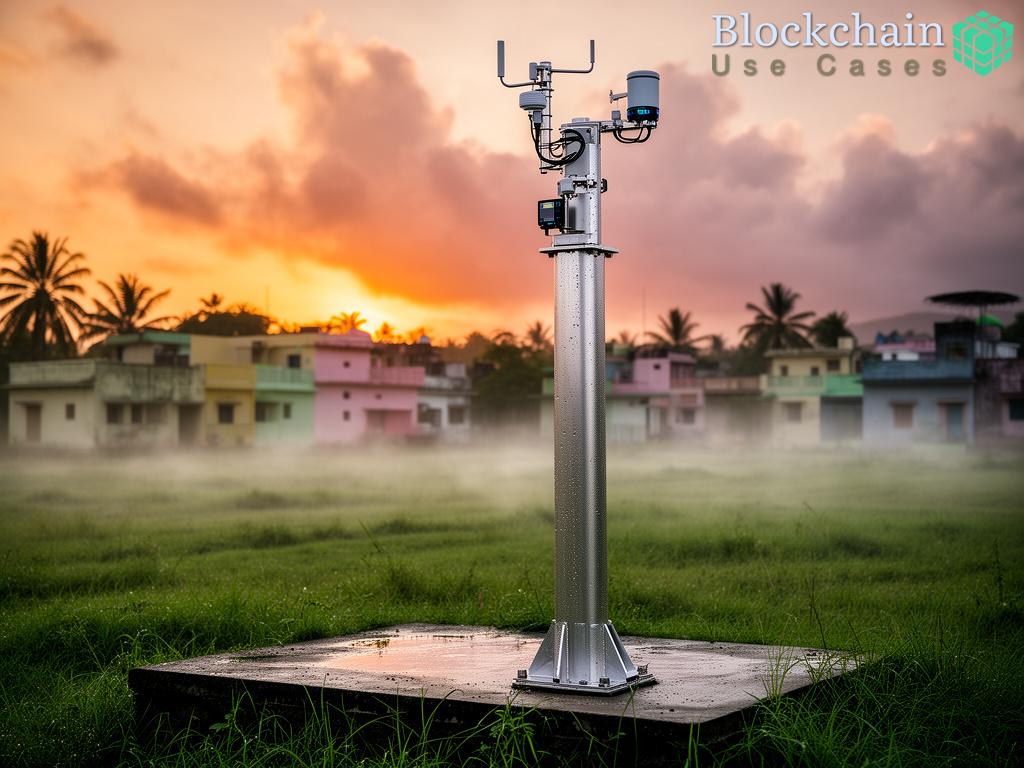In an era where technology reshapes every facet of our lives, the intersection of blockchain and IoT (Internet of Things) in voting systems presents a transformative opportunity for electoral processes. The integration of these technologies promises not only to streamline the voting experience but also to dramatically enhance accountability, ensuring that every vote is counted accurately and securely. As we delve deeper into this innovative approach, it becomes evident that the implications for democracy are profound.
The Convergence of Blockchain and IoT

The amalgamation of blockchain technology with IoT devices creates a robust framework for secure and transparent voting systems. Blockchain acts as a decentralized ledger, while IoT devices facilitate real-time data collection and transmission, making the voting process more accessible and efficient. This synergy eliminates traditional vulnerabilities such as vote tampering and unauthorized access, paving the way for a new era of trust in electoral mechanisms.
Unpacking the Accountability Mechanism
A core strength of blockchain in voting systems is its inherent ability to provide accountability through immutability and transparency. Each vote cast is recorded as a unique transaction on the blockchain, creating an audit trail that is resistant to alteration. This ensures that once a vote is recorded, it cannot be changed or deleted, thereby safeguarding the integrity of the electoral process.
To illustrate the advantages of this approach, consider the following list of key accountability features:
- Immutability: Once recorded on the blockchain, votes cannot be altered or erased, ensuring a permanent record of the electoral outcome.
- Transparency: All transactions on the blockchain are visible to authorized parties, promoting trust among voters and stakeholders.
- Real-time Auditing: IoT devices can facilitate real-time monitoring of voting activities, enabling immediate detection of discrepancies.
- Decentralization: By distributing the voting data across the network, the risk of centralized manipulation is significantly reduced.
Looking Ahead: The Future of Voting
As we explore the potential of IoT-based voting systems enhanced by blockchain, it is crucial to address the challenges that accompany this technological shift. Issues such as digital literacy, cybersecurity threats, and the need for regulatory frameworks must be navigated carefully to harness the full benefits of these innovations. However, with the right strategies in place, the future of voting could be characterized by unparalleled levels of security and voter confidence, ultimately reinforcing the democratic process.





